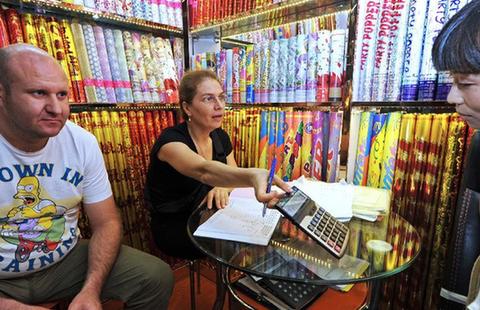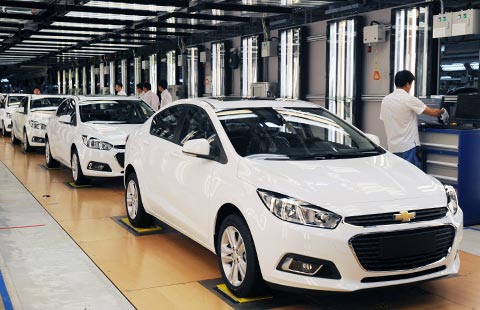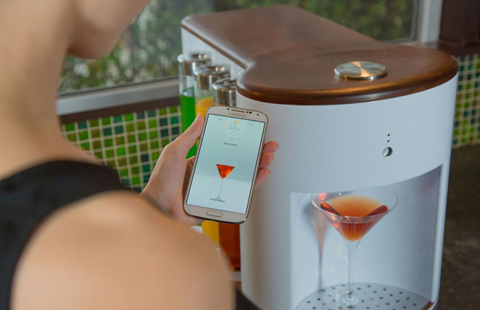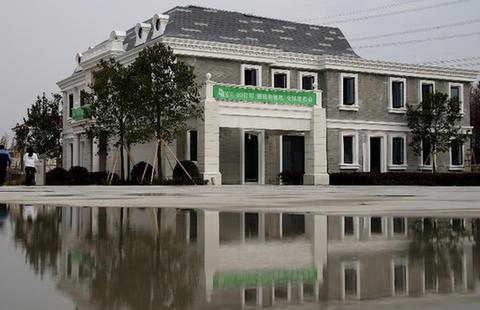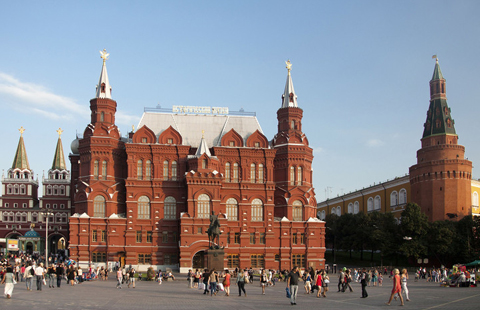Chinese 'makers' turn fake products market into innovation base
(Xinhua) Updated: 2015-01-20 09:43Leading household electrical appliances maker Haier Group has launched a maker laboratory to provide exhibition and exchange opportunities, project incubation and financial support for makers.
The innovation environment in China has also caught the eye of foreign maker projects. A hardware incubation project under the British venture capital firm SOSventure has set up an incubation center in Huaqiangbei, offering funds and guidance.
Despite the rapid development, makers in the country still have their complaints, since most Chinese factories are still using traditional production technology. Production costs are also comparatively high and the products usually have no price advantage when entering the market.
In order to overcome these obstacles, some makers have started their own businesses. The Shenzhen-based DJI Technology Co, Ltd, which specializes in producing unmanned aircraft, was founded by Wang Tao, who was a model plane enthusiast in college.
DJI has claimed over 50 percent of global market share in small unmanned aircraft, according to the company.
However, not all makers aspire to business success, and many just enjoy the process of creating. Ma Tianchi is dedicated to developing eyeglasses that can determine whether drivers are tired by recording their blinking rate.
As to his motivation, Ma said, "I just love the feeling of turning ideas into reality and being helpful to others."
He said being a maker is a way of life. "It can push me to learn new things and help tap my creative potential. It has also taught me how to accept failures and to always keep trying," he said.
Zhang Guoxin, director of Shenzhen Weina integrated circuit and system application research institute, said it is hard to predict to what extent makers will influence economic development. However, they are creating a culture that can inspire learning and creativity.
- Carmaker Autoeuropa exports rise by 12% in 2014
- Chinese "makers" turn fake products market into innovation base
- Wang reported to take 20 percent stake in Atletico
- WEF expects to know more about fresh opportunities from China
- China's energy giant willing to cooperate in Arctic resources extraction
- Exports of Zhejiang in 2014 increase 8.8% year on year
- Regular inspection not to suppress stocks
- China to balance growth and structural reforms
